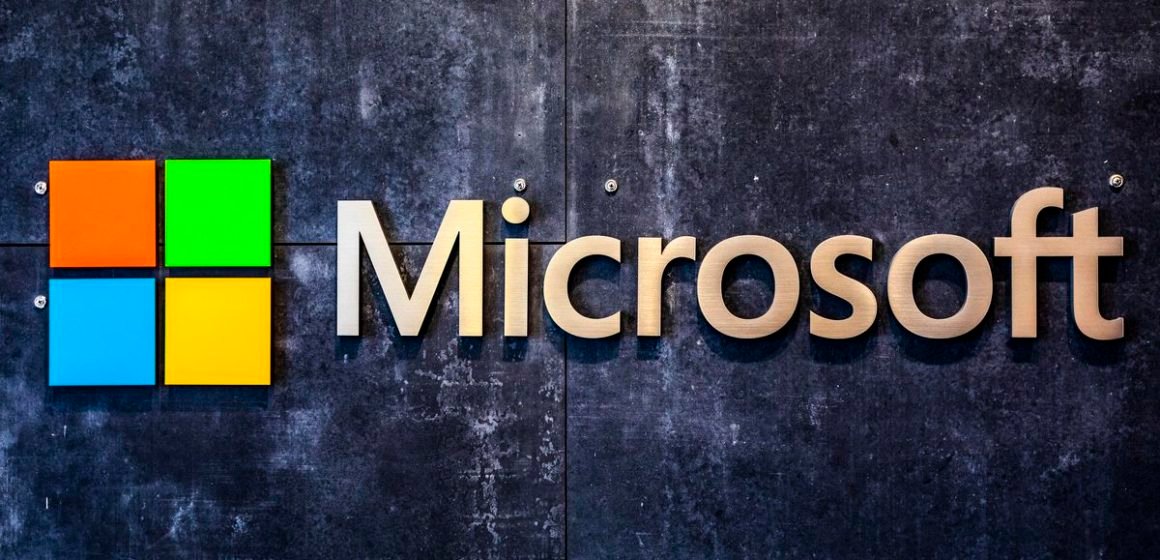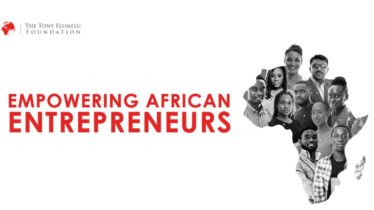Microsoft Sees Benefits of Digital Economy
Among other benefits, digital technologies offer a chance to accelerate the pace of economic and social advancement; unlocking new pathways for rapid economic growth, innovation, job creation, and access to services.
Microsoft stated, “When the government plays its role of creating an enabling environment by investing strategically and systematically in developing digital infrastructure and services; the benefits will be there for the economy to reap”.
The challenge, however, is that too many people in Africa lack access to the internet; and too few citizens have digital IDs or access to financial services; which in turn denies them access to critical services.
This is why Ryno Rijnsburger; Chief Technology Officer at Microsoft 4Afrika, says that to be innovative, inclusive, and resilient, African Governments must digitize.
Rijinsburger also stated, “While the private sector has an important role to play in this development; governments across Africa, however, have a critical role to play in enabling digitization; through infrastructure development; but also in digitizing their systems and processes and by creating an enabling environment using regulatory and legal tools.
He was of the view that developments such as the African Continental Free Trade Agreement (AfCFTA); reinforce the urgent need for governments to digitize to enable not just trade; but positive economic growth across the continent.
Rijinsburger also cited the World Bank’s Digital Economy for Africa Initiative report which notes that governments need to find more quick and effective means of delivering services and interacting with citizens.
He also added that to unlock digital transformation; the public sector must be brought into the digital age, hence, accelerating the rollout of digital IDs, signatures; and registries, as well as implementing digital-friendly policies.
“While the private sector has an important role to play in this development, government across African have a critical role to play in enabling digitization, through infrastructure development, but also in digitizing their systems and processes and by creating an enabling environment using regulatory and legal tools,” Rijnsburger said.
“Here, private-public partnerships could play a significant role in helping to develop the necessary platforms to enable citizens to access digital IDs as well as services offered by the government, he said.
“Developments like this help to improve access for citizens and could also be an important step in enabling SMEs to take advantage of the potential benefits of AfCFTA, as digital identification can unlock access to financial services, among others,” he further explained.
Credit:
BusinessDay
For this and much more Information relating to employability skills, employment opportunities, career advancement, and entrepreneurship development; Join our Telegram and WhatsApp groups, and also follow us on Twitter and Facebook.





May 20, 2021 @ 10:46 am
The digital economy is the only way to reduce the number of deceptive behaviors that we are seeing today. true indeed.